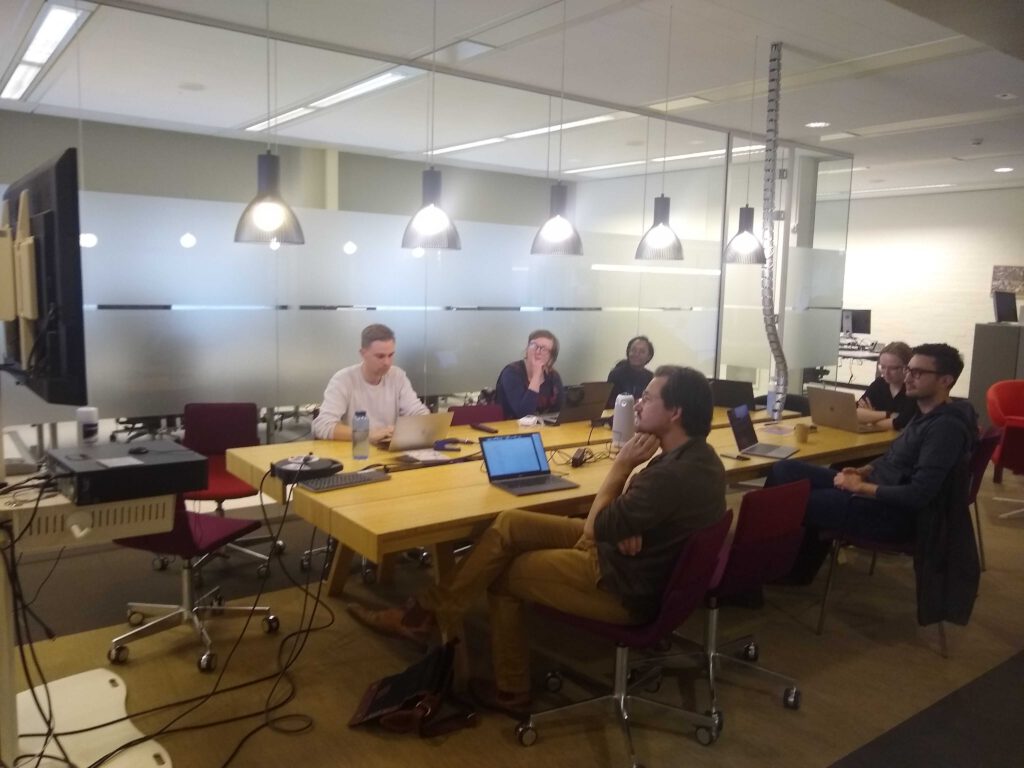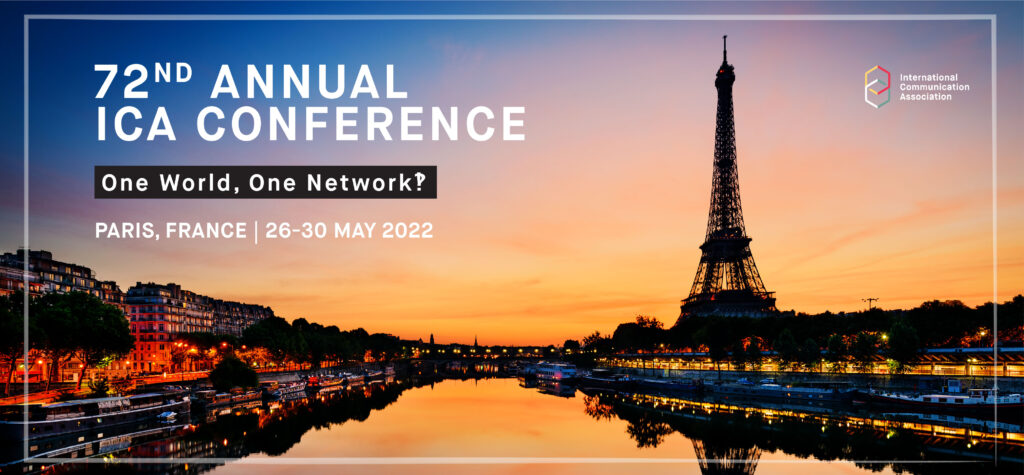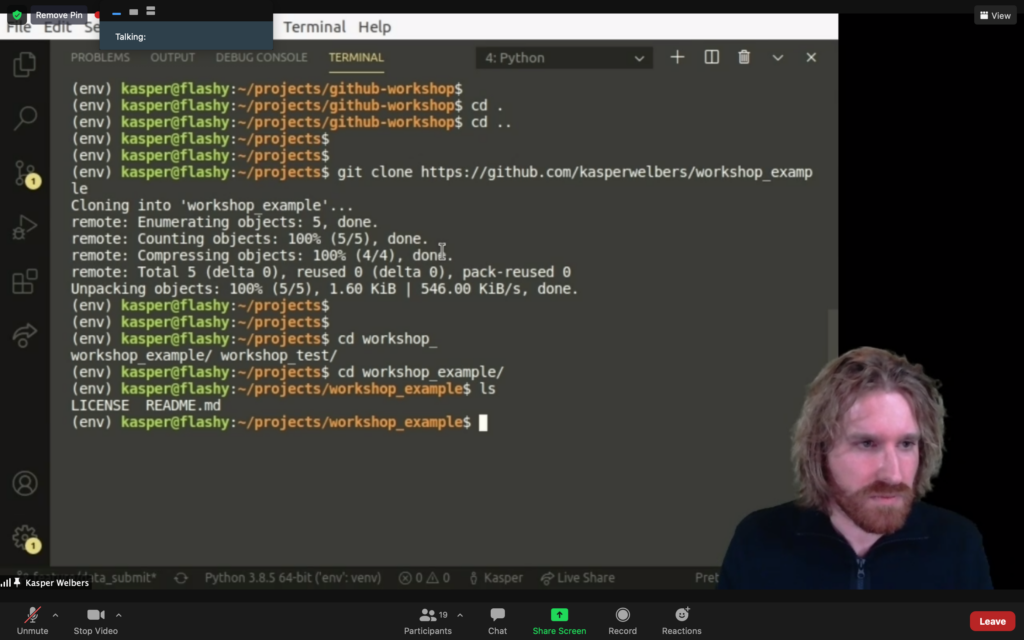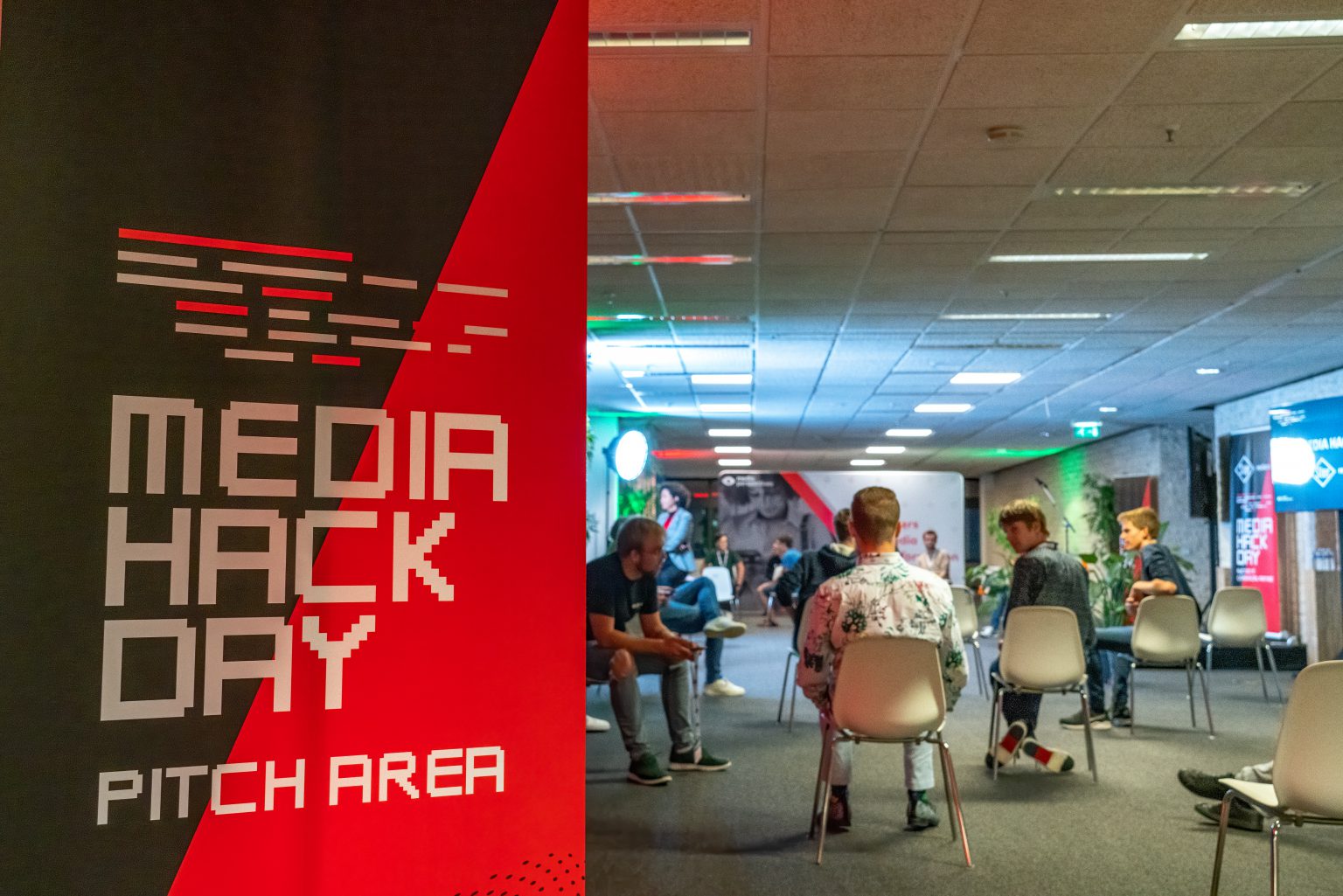We have some fantastic news to share: two CCS.Amsterdam researchers were granted prestigious NWO VENI research grants! Congratulations to Andreu Casas and Philipp Masur!
See brief project summaries below.
Free Speech and Censorship in the Digital Society: A computational study of the determinants and effects of political speech regulation by social media companies
Andreu Casas, VU Amsterdam
Private social media companies increasingly play a role in regulating (political) speech online, posing a clear threat to democratic accountability. Due to a lack of transparency and independent research, we do not clearly know the conditions under which platforms regulate speech, nor the effects (and effectiveness) of their policies. Challenges related to analyzing big SM data have made it difficult for research on this pressing topic to flourish. I ramp-up this research by leveraging innovative computational methods to disentangle the nature of this new speech regulation paradigm, as well as its effects on the politically-relevant behavior of users.
Bad influence through social media: How online behavioral contagion propagates problematic behaviors and what we can do against it
Philipp Masur, VU Amsterdam
Social media facilitate the adoption of problematic behaviors (e.g., incivility) or risky practices (e.g., disclosing too much). But the exact psychological mechanisms and ways to protect against negative consequences of such behavioral contagion effects are unknown. This project combines experimental, tracking, and simulation methods to study online behavioral contagion and its boundary conditions. The project further analyzes whether media literacy protects against irrational adoption of problematic behaviors and tests whether subtle nudges embedded into the social media design can buffer against negative influence on social media.



